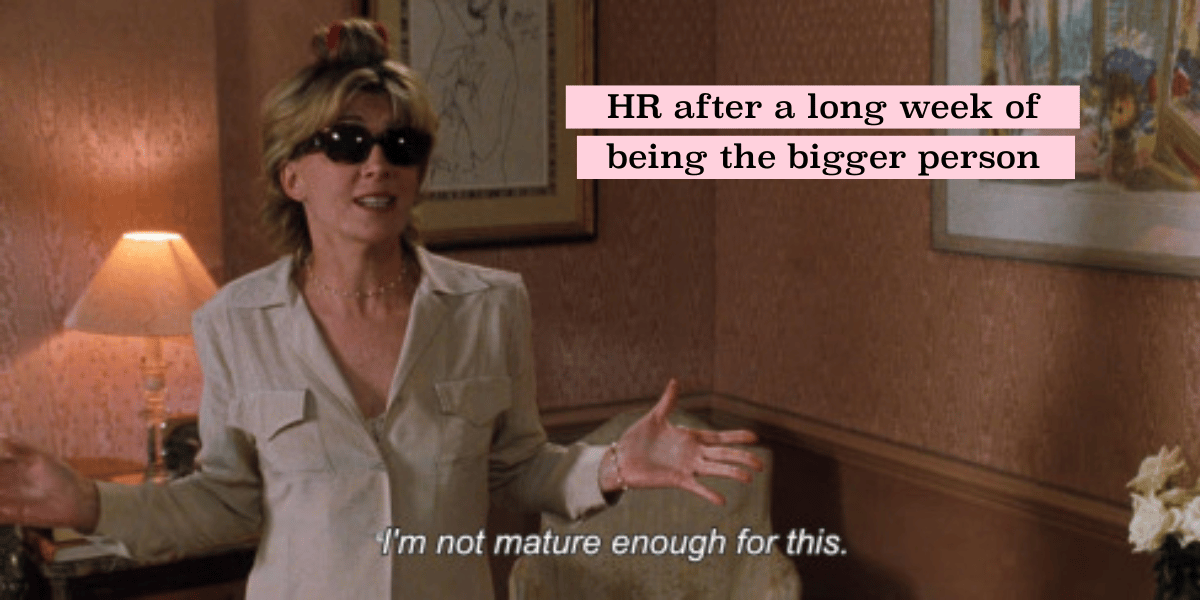John has a trust problem.
He thrived in a traditional office and maintained a relaxed, “open-door” policy. He even stocked a candy jar full of gummies to lure in chatty team members. But when he became CEO of a fully remote organization, everything changed. No desk. No gummies. No casual drop-ins. And suddenly, no connection.
Reality check: An open-door policy doesn’t work when there are no doors.
As we have come to realize, remote work is different. Trust is built—and lost—differently. Without the passive cues of a physical space, leadership and teamwork must be intentional. A closed door signals “busy,” while an open one invites conversation. But in a virtual workplace, no cues mean people often assume the worst: the door is closed.
When coworkers can’t rely on informal, spontaneous interactions to ask questions or share ideas, communication stalls. Over time, team members feel overlooked and unimportant.
And here's the kicker: leaders like John rarely realize it’s happening. They don’t see how a curt text or distracted video call can send a message of unavailability. In a world without doors, silence feels like rejection.
Trust in a remote setting must be built on purpose:
Regular, predictable check-ins
Feedback conversations after every project—positive and negative
Meetings with buffer time for questions and pushback
Opportunities for casual chit-chat before or after formal meetings
Designated “office hours” or virtual co-working video sessions for spontaneous connection
Without structure, it’s easy for employees to think: “My leader is too busy for me.”
One of the most powerful ways to build trust from a distance is to create predictable moments of access. And who knows—maybe throw in a few virtual gummies while you’re at it.
Dr. Peggy Kendall has been a professor of Communication Studies for over 20 years. Consulting, training, and coaching remote leaders has made her painfully aware of how communication is disrupted in online work environments. Trust at a Distance: 6 Strategies for Managing in the Remote Workplace is co-authored with trust expert David Horsager and will be released by Berrett-Koehler in November, 2025. For more information on how your organization can open more virtual doors, visit www.peggykendall.com


Cool newsletters you’ll love 🥰
🧠 B2B Marketing With AI : The latest AI tools, prompts, tutorials, and case studies for busy CMOs, and marketing professionals.
🪜 Profit Ladder : Turn your hard-to-sell services into offers your clients buy.
😎 Thriving Freelance: Gigs & Growth : Hundreds of job opportunities sent directly to your inbox each week, plus timely resources to support you as you grow and evolve. The Harlow newsletter is a treasure trove for freelancers, creators, and entrepreneurs.
New Partner!
HR is lonely. It doesn’t have to be.
The best HR advice comes from those in the trenches. That’s what this is: real-world HR insights delivered in a newsletter from Hebba Youssef, a Chief People Officer who’s been there. Practical, real strategies with a dash of humor. Because HR shouldn’t be thankless—and you shouldn’t be alone in it.
🌺 Find Joy In Your World Today
New to Thrive Remotely? Check out the newsletter archives
Interested in partnering or advertising with us? Get in touch
Looking for a new job? Check out our curated Job Boards
Like classy remote working merchandise? Shop our store
Help support this newsletter? Buy us a coffee 🙏🏻
Meet people IRL? See our Community Calendar
Have an idea for a story or column? Pitch us



